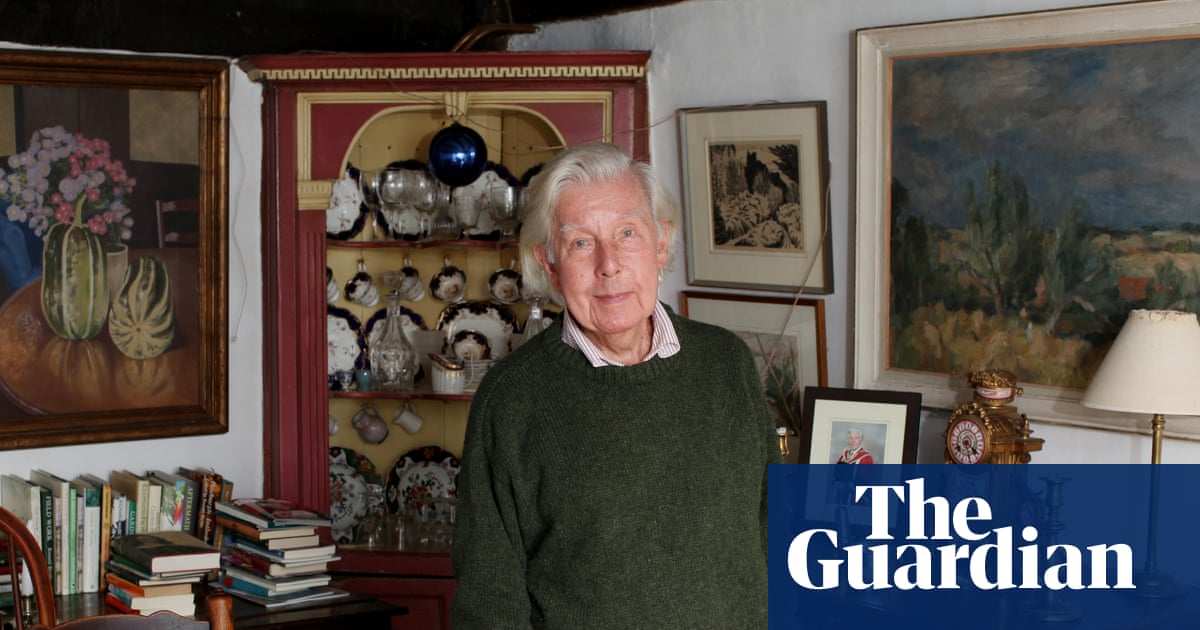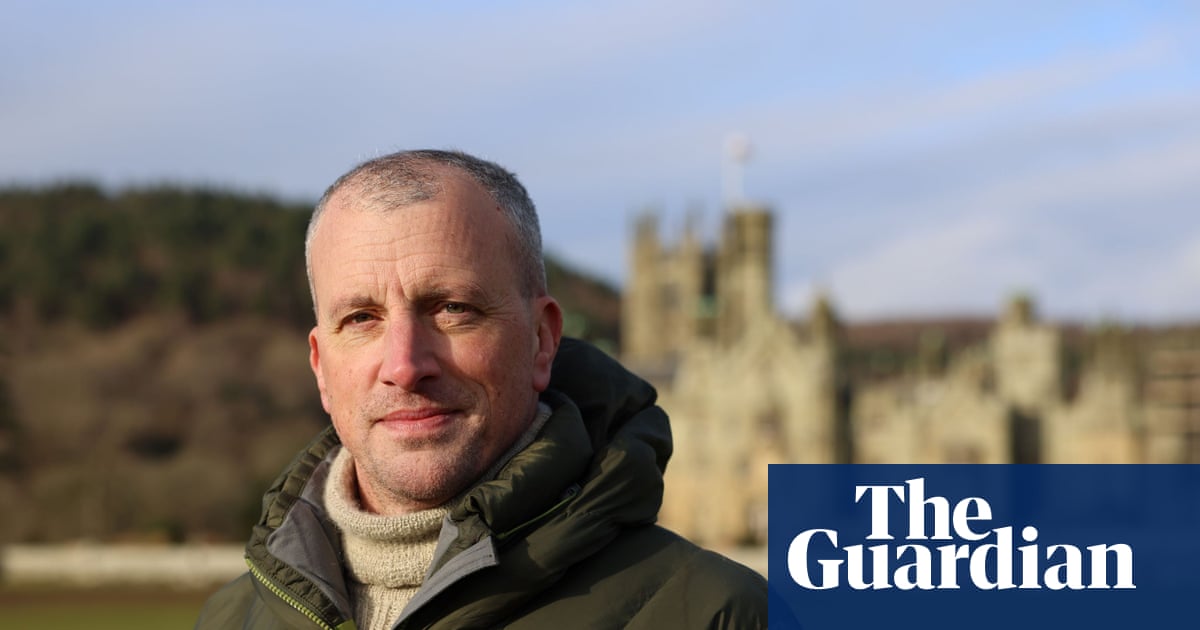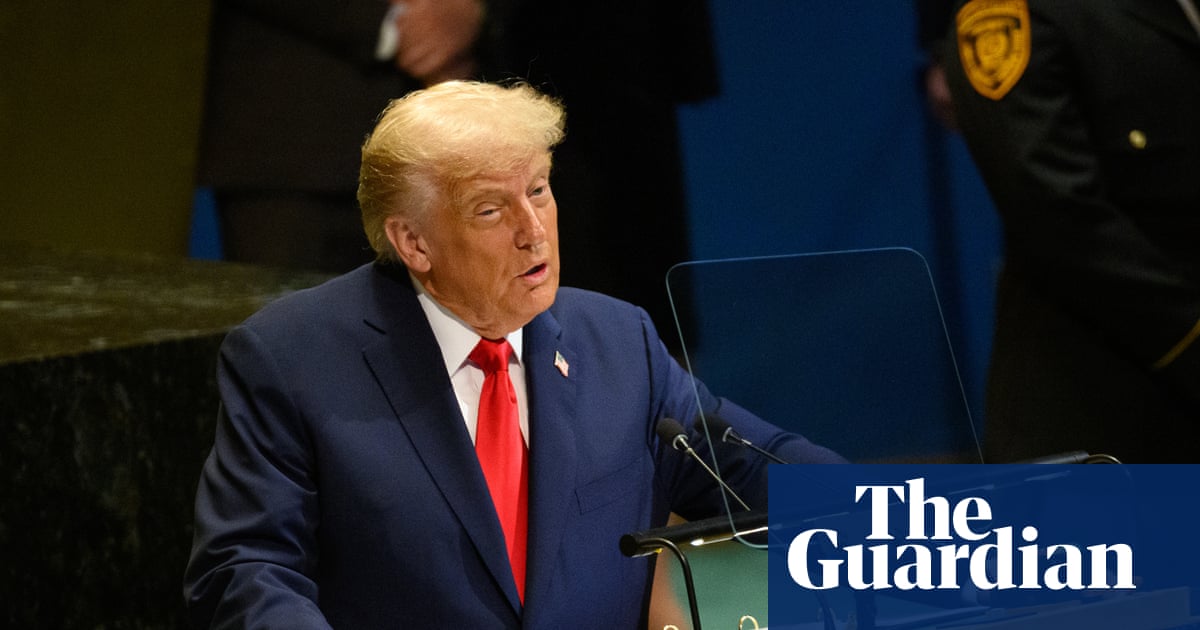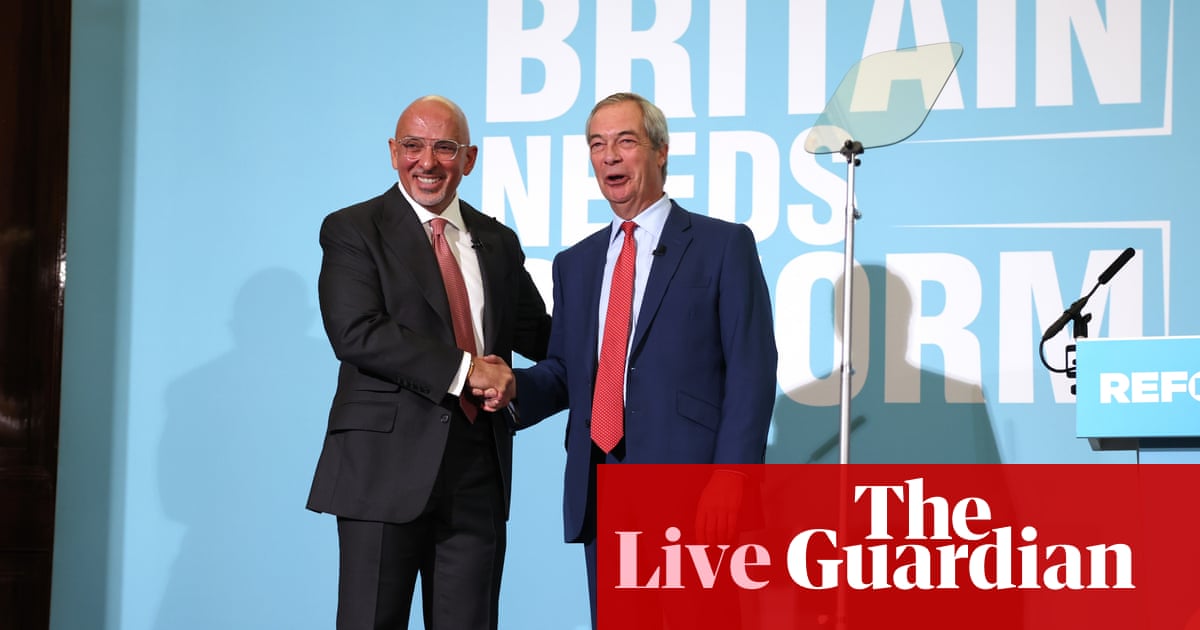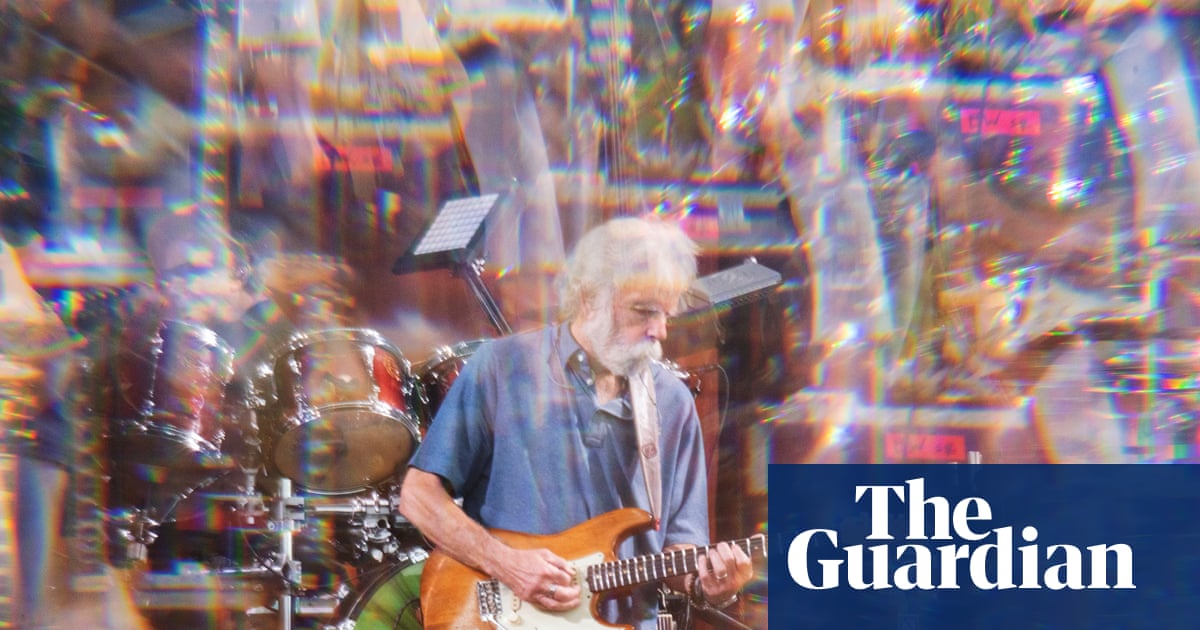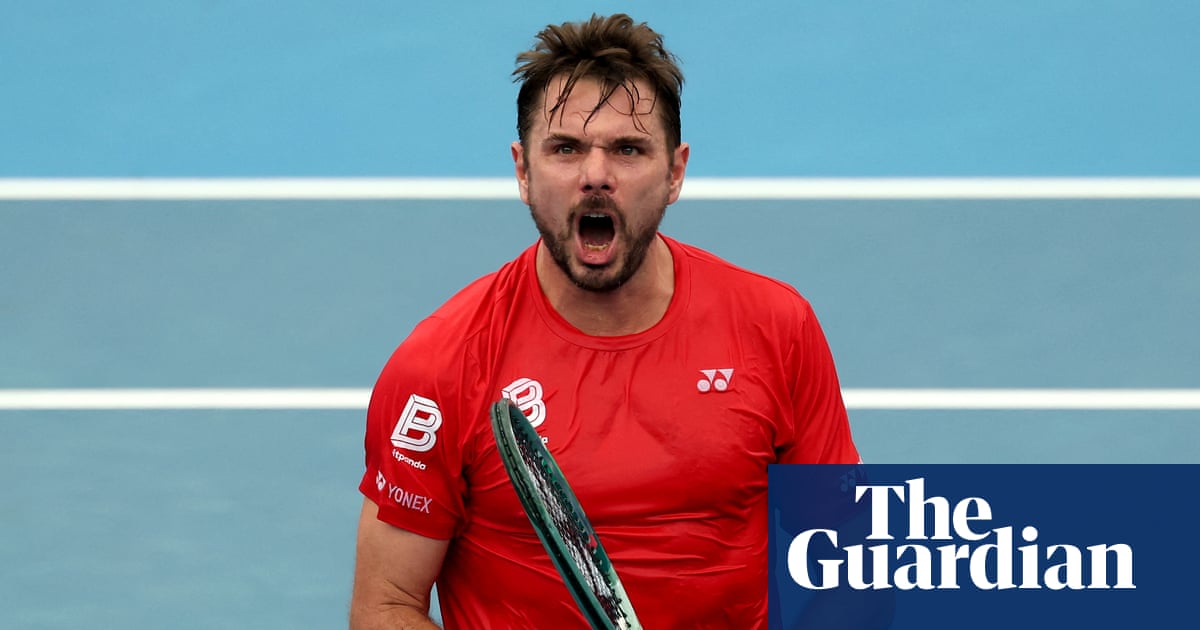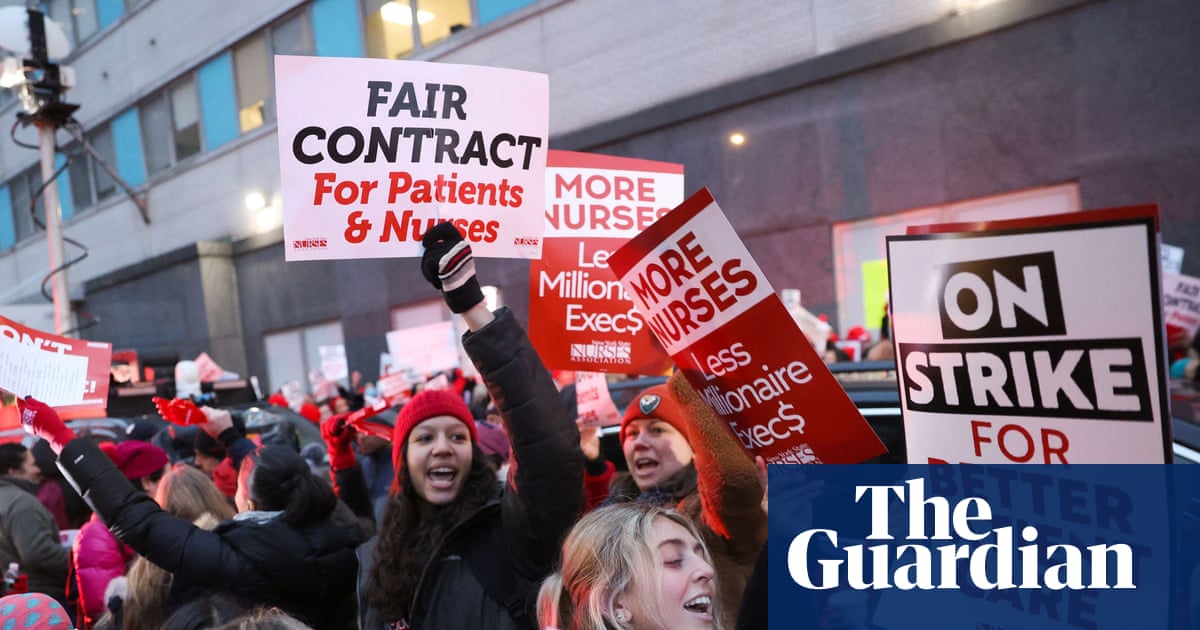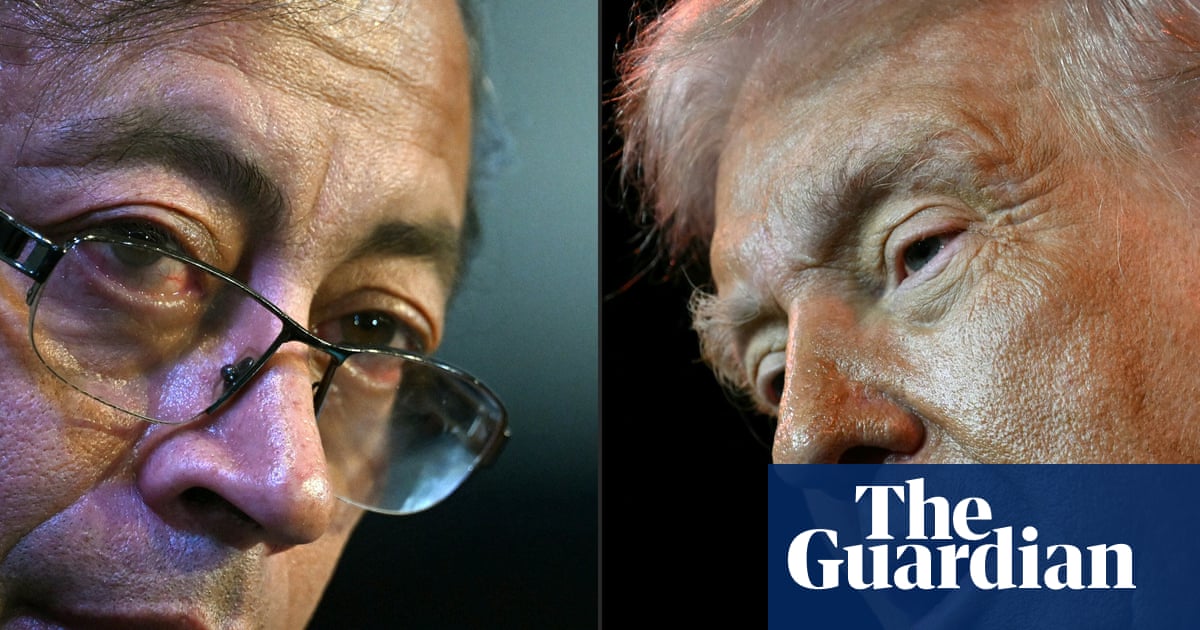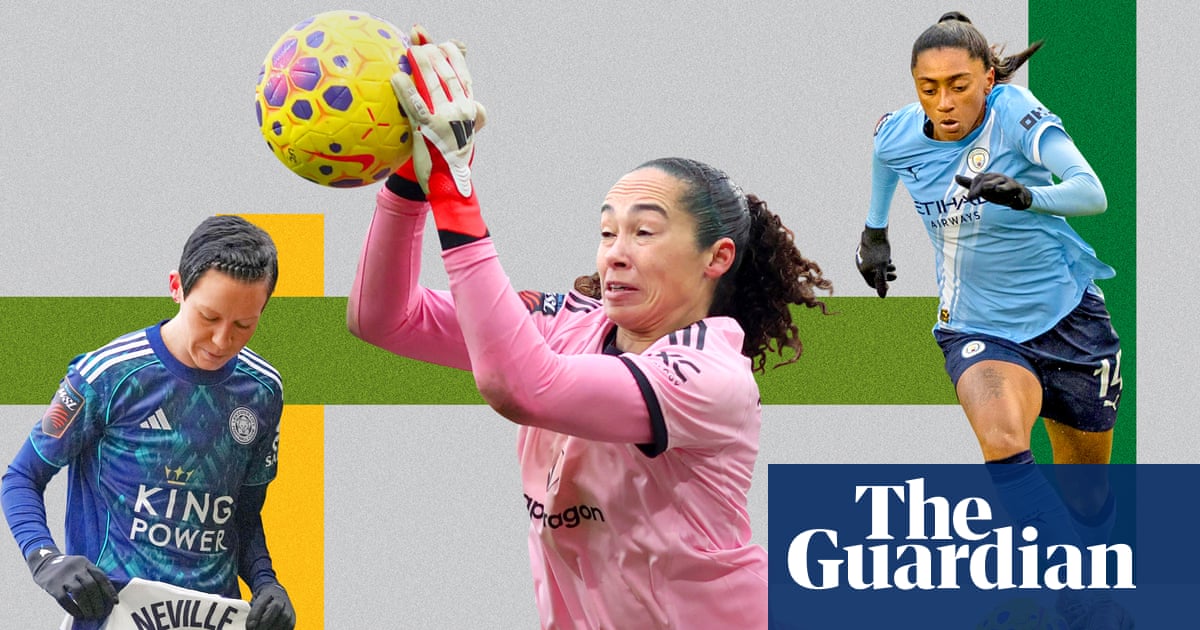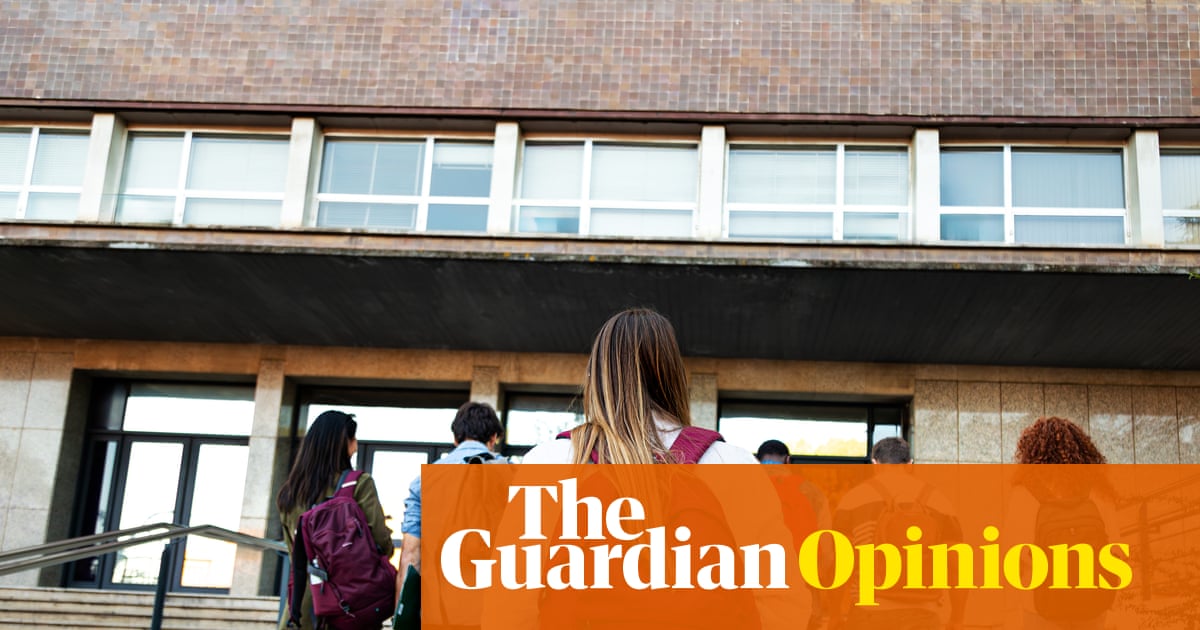Last year, I was reelected mayor of Istanbul with 51% of the vote. It was the second time I had defeated the government-backed candidate. The first was in 2019 when the mayoral elections were annulled on flimsy pretexts; voters returned to the polls and handed us a victory by an even larger margin.
But this year, democracy in Turkey has entered its most perilous phase. The process started in March on the eve of my nomination as the presidential candidate of the CHP, the century-old Republican People’s party. This was when my university degree was abruptly annulled. Why is this relevant? Because, under the Turkish constitution, one must have a university degree to be able to run for president. Soon after, I was accused of corruption and “aiding a terrorist organisation”. For six months, I have been behind bars, arrested on politically motivated corruption charges based on “anonymous” witnesses. In a country bound by the European convention on human rights, this is an outrage.
Nor am I alone. Across Turkey, more than a dozen mayors from the opposition are now imprisoned. Sadly, the numbers are rising all the time; more than a quarter of Istanbul’s districts have had their elected leaders arrested, silencing millions of voters in one of the world’s great cities.
From mayors in Adana and Antalya, to municipal staff in Istanbul, repression has reached every level. Hundreds of people languish in prison, including journalists, academics, businesspeople and students.Enes Hocaoğulları, a youth delegate to the Council of Europe, was detained for merely speaking out under Turkey’s vaguely worded laws on “misleading” the public. This shows how far the crackdown has gone. His release, after protests at home and abroad, is a small but telling victory for democratic resistance.
Let me be clear about what is happening. In the arrogance of unchecked power, President Recep Tayyip Erdoğan is once more weaponising the courts against the democratic opposition. This time, opponents are being imprisoned and replaced with loyalists. Unable to shut down the CHP, the government is pursuing a case that will have the effect of erasing the CHP’s rising leadership by overturning the outcome of its 2023 national party congress. Earlier this month, a court moved to annul the CHP’s local congress in Istanbul, remove its chair and install a trustee.
The case against the CHP, which the government keeps dragging out in hopes of destabilising the main opposition and removing its legitimate leadership, marks a turning point in the effective dismantling of political pluralism. A system where judges replace elected leaders with handpicked stand-ins is no democracy at all.
Having hollowed out the republic’s institutions to build an authoritarian regime, Erdoğan now seeks to fabricate a compliant, hollow opposition. He intends to rewrite the rules so no genuine rival could survive, securing power in the style of Egypt’s Hosni Mubarak or Syria’s Assads. These are deliberate methods likely to be copied elsewhere tomorrow unless democrats everywhere stand together to resist them.
Erdoğan’s increasingly repressive tactics expose his eroding popular support and his desperate bid to preserve power. To avoid another defeat in the ballot box, he rewrites the rules. He relies on smear campaigns, corruption charges, efforts to divide the opposition and the ever-present “terrorist” label. Yet, this display of power has further undermined his legitimacy, leaving him increasingly dependent on a narrow minority and the machinery of the state.
The people of Turkey are no longer deceived. Protests fill the streets, and polls consistently place CHP as the country’s leading party. Since 19 March, the day I was detained and jailed, millions of citizens, even in Erdoğan’s supposed strongholds, have been participating in peaceful protests to demand justice and change, despite the risk of arrest and police violence. This resistance reflects Turkey’s 150-year tradition of parliamentary democracy. But resistance alone is not enough.
That is why the CHP is preparing a comprehensive roadmap for democratic transition, to build a resilient and inclusive alliance: win elections; stabilise the economy; restore judicial independence; combat corruption and organised crime; expand social rights; rebuild trust in institutions; and redefine Turkey’s role in a changing geopolitical landscape.
Turkey’s fight for democracy, freedom and justice is not Turkey’s alone. If a nation whose experience proves that democracy is a universal project slides deeper into autocracy, the consequences will reverberate far beyond its borders.
Yet I remain convinced: the will of the people will prevail. Our outrage in the face of injustices must be turned into a strategy. That strategy must involve building a new political culture and institutions that honour Turkey’s democratic legacy. If we achieve that, we will not only reclaim our democracy at home but help it rise again across the world.
-
Ekrem Imamoğlu is the elected mayor of Istanbul and the presidential candidate for Turkey’s main opposition Republican People’s Party (CHP)

 3 months ago
87
3 months ago
87


